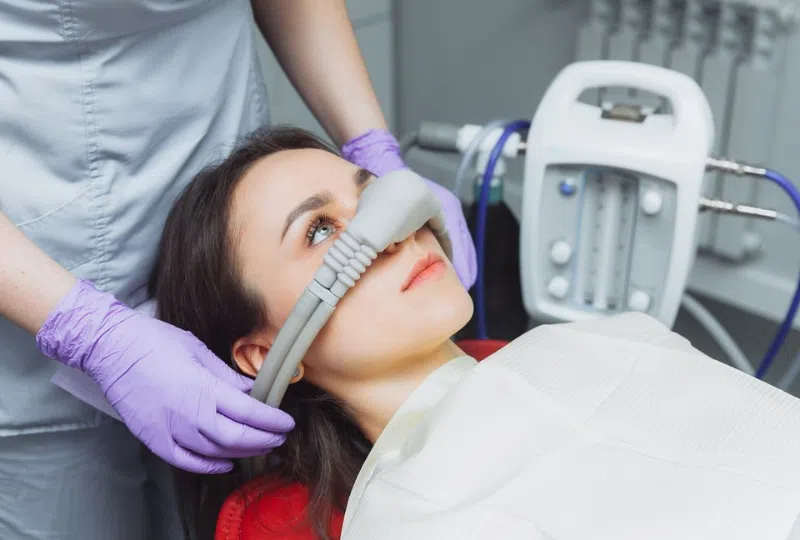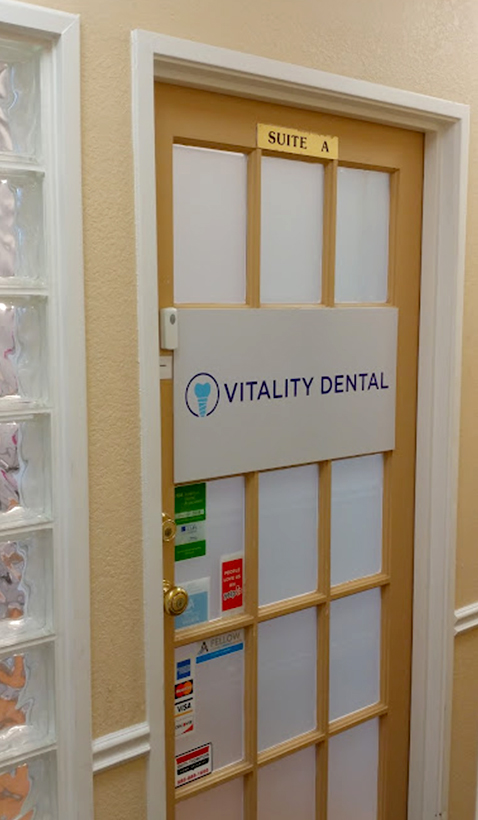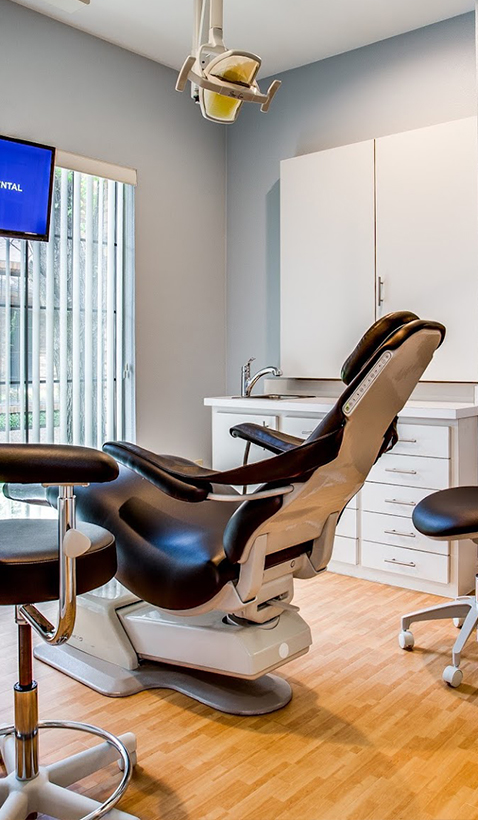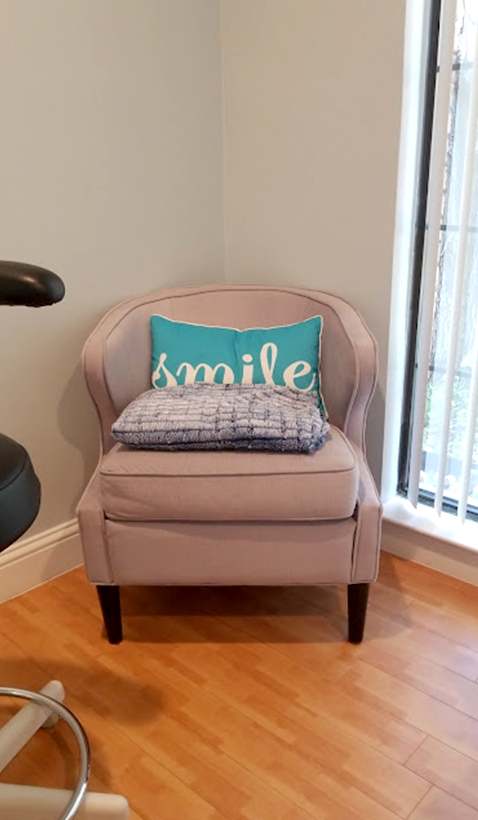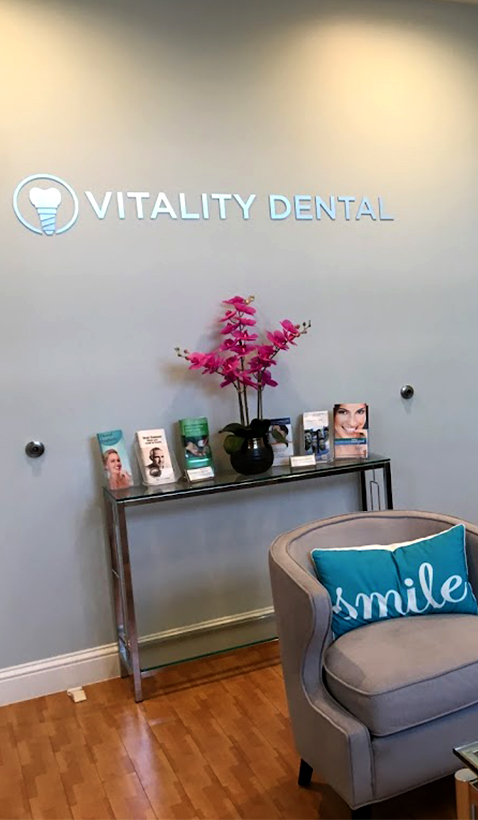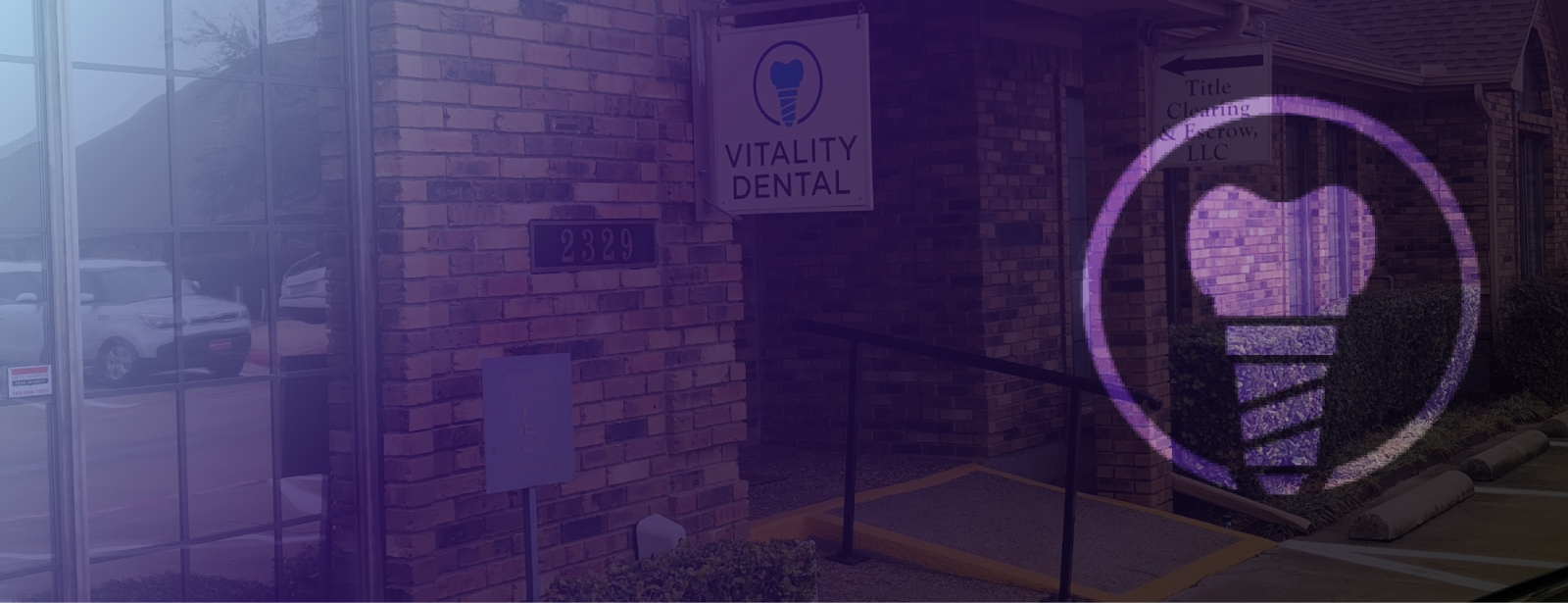
Laughing Gas Vs Oral Sedation: What’s the Difference?


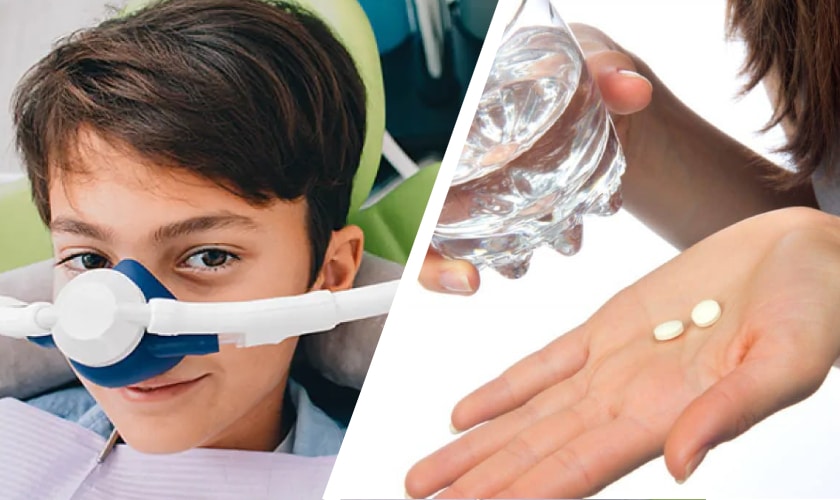
Most people have heard of Laughing gas, but not many are familiar with Oral Sedation. Laughing gas and oral Sedation are both commonly used to help patients feel relaxed during dental procedures, but there are significant differences between the two. This article will provide an overview of laughing gas and oral sedation to better understand the difference between them and which option is right for you.
What Is Laughing Gas?
Laughing gas is a type of sedative administered via inhalation that helps relax patients by relieving anxiety in short-term situations. It is often used in dentistry because it has fewer side effects than oral sedatives, making it a safer option for young children and patients with underlying medical conditions. Laughing gas can cause a feeling of euphoria, but this effect is short-lived and wears off quickly once the patient stops inhaling it.
Benefits Of Laughing Gas
The main benefit of laughing gas is that it takes effect quickly, allowing patients to feel relaxed and comfortable in a short period. Laughing gas also has minimal side effects, making it a safer option for young children or those with pre-existing medical conditions. Additionally, it does not require an extended recovery period for the patient after the procedure is complete.
Drawbacks Of Laughing Gas
Unfortunately, laughing gas only lasts as long as the patient inhales it, so the effects wear off quickly once the procedure is complete. It also causes nausea in some patients and may not be as effective for more complex procedures or longer appointments.
Who Should Use Laughing Gas?
Laughing gas is ideal for those with short-term dental needs or minor procedures such as filling or cleaning. It is also a good option for young children or patients with underlying medical conditions because of its minimal side effects.
Oral Sedation
Oral sedation involves taking medication orally before your dental appointment to make you feel relaxed during the procedure. Oral sedatives are often used for more complex procedures or longer appointments to help the patient remain relaxed. They take longer to wear off than Laughing gas, so patients should plan for a long recovery after their appointment.
Benefits Of Oral Sedation
One of the main benefits of oral sedation is that it lasts longer than laughing gas and can be tailored to the specific procedure and duration. This makes oral sedation ideal for more complex treatments or longer appointments. Oral sedatives also cause less nausea than laughing gas, making them a better choice for those with sensitive stomachs.
Drawbacks Of Oral Sedation
Oral sedatives take much longer to take effect than laughing gas, so patients may need to arrive at their appointment up to an hour in advance. Oral sedatives also have more potential side effects than laughing gas, including dizziness and sleepiness.
Who Should Use Oral Sedation?
Oral sedation is ideal for those undergoing complex dental treatments or longer appointments. It is also a good choice for those with sensitive stomachs or underlying medical conditions that may make laughing gas less suitable.
When it comes to ‘Laughing Gas Vs Oral Sedation’, it is important to consider the type of procedure being done and the patient’s needs to make an informed decision. Laughing Gas may be a better option for short-term procedures or those with underlying medical conditions, while Oral Sedation works better for more complex treatments or longer appointments. In any case, it is essential to discuss all options with your dentist before making a decision.
FAQs
Q: Is laughing gas safe?
A: Laughing Gas is a safe sedative option with minimal side effects compared to Oral Sedation.
Q: What type of procedure is laughing gas best suited for?
A: Laughing gas works best for short-term fillings and cleanings. It can also be used on young children and patients with pre-existing medical conditions who may not be able to take oral sedatives.
Q: Does laughing gas take effect quickly?
A: Laughing gas takes effect almost immediately and wears off quickly once the procedure is complete.
Q: How long does oral sedation last?
A: Oral sedatives take longer to take effect than laughing gas, but they can last much longer depending on the type of medication used. It is essential to plan for a long recovery period after an appointment if you have taken oral sedatives.



